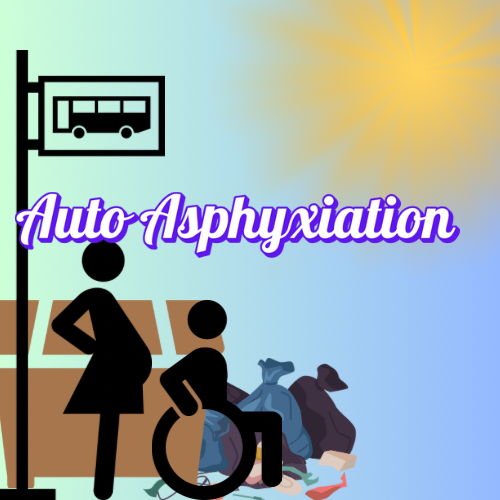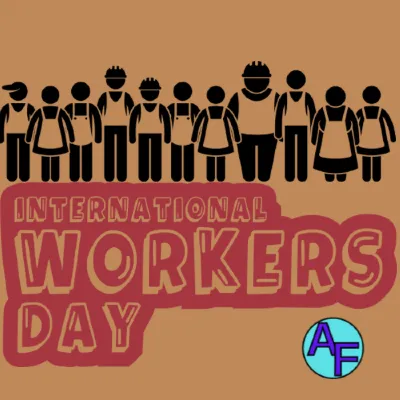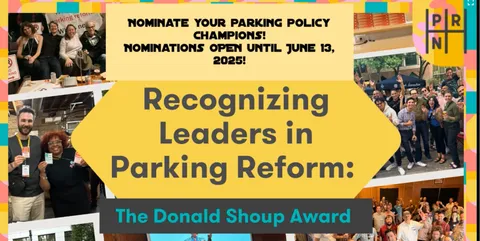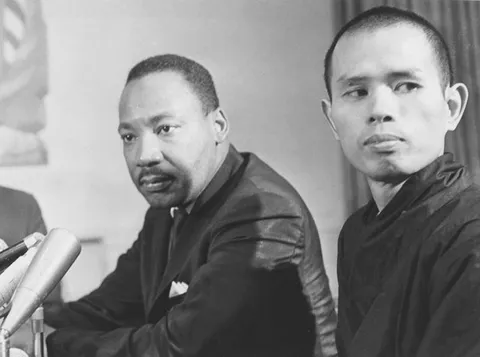“Every night, we sleep, and destroy capitalism. Then, we awaken and rebuild it.” —John Kawakami
The contemporary left’s struggle cannot be reduced to a contest over production or a romanticized call for violent revolution. Instead, its praxis must center on emancipatory freedom—a condition inseparable from the abolition of socioeconomic hierarchies, coercive labor relations, and systemic oppression. While socialism is often reductively framed as collective ownership of the means of production, this formulation risks perpetuating the very alienation it seeks to dismantle. As W.E.B. Du Bois observed in Black Reconstruction, the postbellum U.S. South demonstrated how systems of exploitation adapt rather than dissolve:
“The planters, having lost the war for slavery, sought to begin again where they left off in 1860, merely substituting for the individual ownership of slaves, a new state serfdom of Black folk.”
This dialectic of oppression endures, refracted through racialized labor markets, carceral systems, and neoliberal precarity.
Under capitalism, labor—even when nominally “owned”—remains a site of unfreedom. The U.S. workforce, particularly its marginalized populations, negotiates not for dignity or leisure but for survival. As of 2025, a $15 hourly wage—a benchmark of progressive advocacy—yields less than $22,500 annually after taxes, an income incompatible with secure housing, healthcare, or education in higher-cost regions (WHERE MOST PEOPLE LIVE OWING TO THE JOBS). Such concessions reinforce what Marxist theorist Moishe Postone termed “abstract labor,” wherein human activity is subordinated to capital’s logic of accumulation. The exploited cannot meaningfully bargain; the unemployed and unemployable are excluded entirely. This underscores a fundamental contradiction: framing liberation through labor perpetuates the hegemony of work as a moral and economic imperative.
Violence, too, proves an inadequate praxis. Trotskyist visions of perpetual revolution—premised on destabilization through force—mirror the very colonial and imperialist logics they claim to oppose. State power, as Noam Chomsky notes, is structurally equipped to crush dissent while legitimizing its own brutality. Historical precedents, from COINTELPRO to the militarized suppression of Black liberation movements, reveal how state actors weaponize revolutionary violence to justify expanded repression. Meanwhile, the U.S. left’s disorganization and internal fractures render it ill-equipped to mount a coherent challenge, let alone a sustained insurrection.
A viable path forward requires disentangling freedom from productivist and militarist frameworks. As Critical Theory emphasizes, true emancipation necessitates negative liberty—freedom from coercion—and positive liberty—access to material and intellectual conditions for self-actualization. Scientific studies, such as Mary Helen Immordino-Yang’s Rest Is Not Idleness, corroborate that leisure is not indulgence but a biological and cognitive necessity. Yet neoliberal ideology recasts rest as laziness and solidarity as inefficiency, ensuring workers remain too exhausted to organize.
The left must recenter its efforts on constructing parallel institutions: universal healthcare, tenant unions, debt abolition, and pedagogies of liberation. These projects reject both the incrementalism of “$15-and-a-union” reformism and the apocalyptic fatalism of accelerationism. As DuBois reminds us, freedom is not bestowed through systems but seized through collective reimagining. It is the right to thrive—not merely survive—unshackled from the tyranny of production.
-Lo Sontag

Help Us Reclaim Cities as Spaces of Collective Liberation
Cities are not just concrete and steel—they’re the living, breathing sites of our struggles, joys, and interconnected lives. Yet too often, urbanism is discussed in silos: housing isolated from childcare, transit divorced from the topic of racism, zoning detached from gender equity, and bike lanes disconnected from primary caretakers.
At Space is a Means of Production, fiscally sponsored by Alternative Weekly News Foundation, we reject this fragmentation. Our Feminist Urbanism Editorial Project confronts hegemony’s obsession with segregation by centering intersectional stories that reflect how we actually live: messy, interdependent, and defiantly whole. We amplify voices questioning who gets to design cities, who benefits from “development,” and how space itself can be a means of production—and liberation.
But we can’t do this alone. Your donation today directly funds:
🔹 Radical reporting on housing justice, environmentalism, care infrastructure, and anti-displacement efforts
🔹 Collaborative workshops bridging activists, scholars, and historically excluded and marginalized communities
🔹 Multimedia projects that visualize cities as sites of liberatory possibility
🔹The only FEMINIST URBANISM editorial media project in the United States
Donate now [CLICK] to help us dismantle the silos and rebuild urbanism as a practice of collective care.
In the warmest solidarity,
Lo Sontag and Kimberly Clark
Space is a Means of Production
A feminist newsletter in New Jersey about Urbanism and the Environment!







